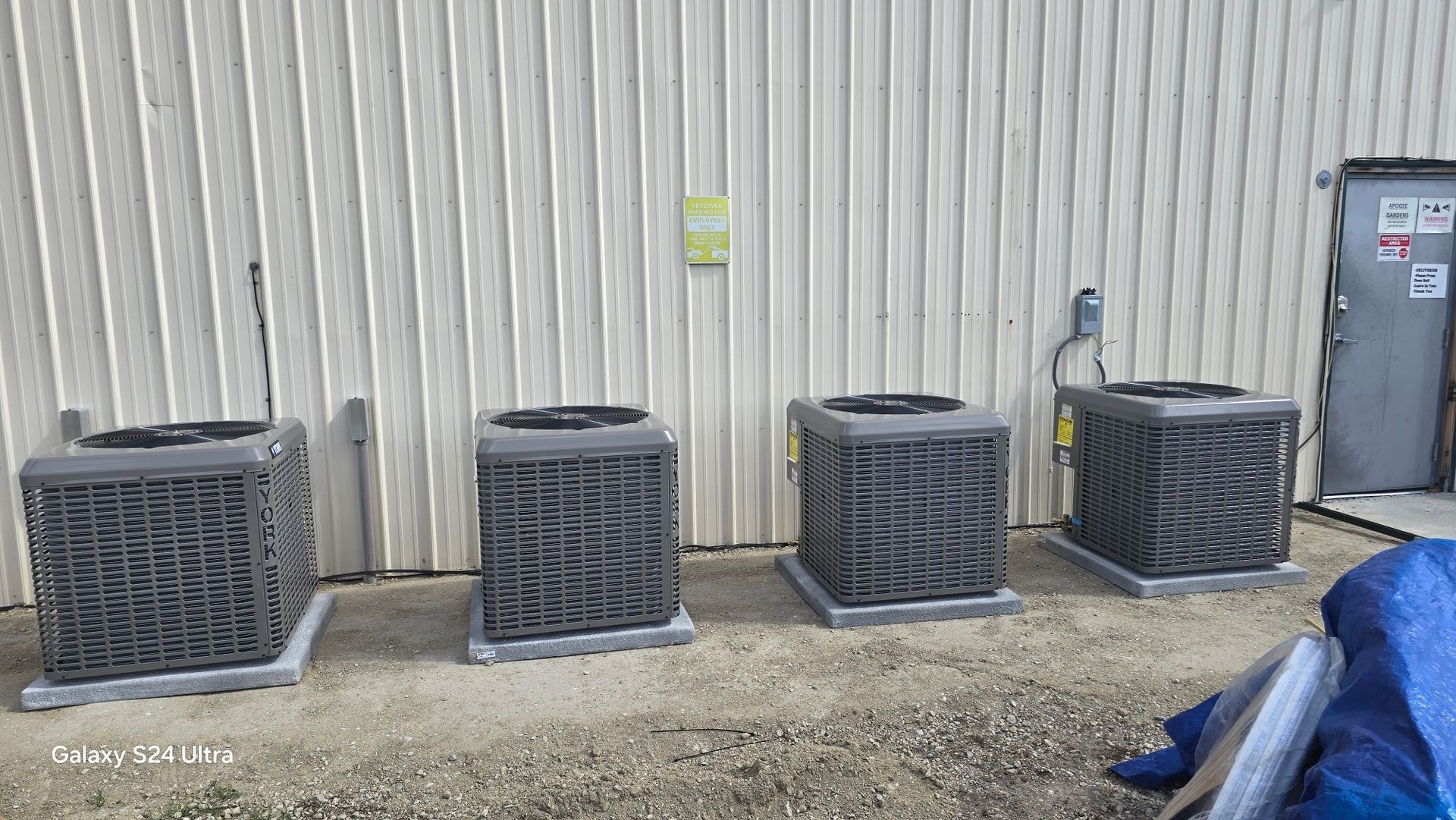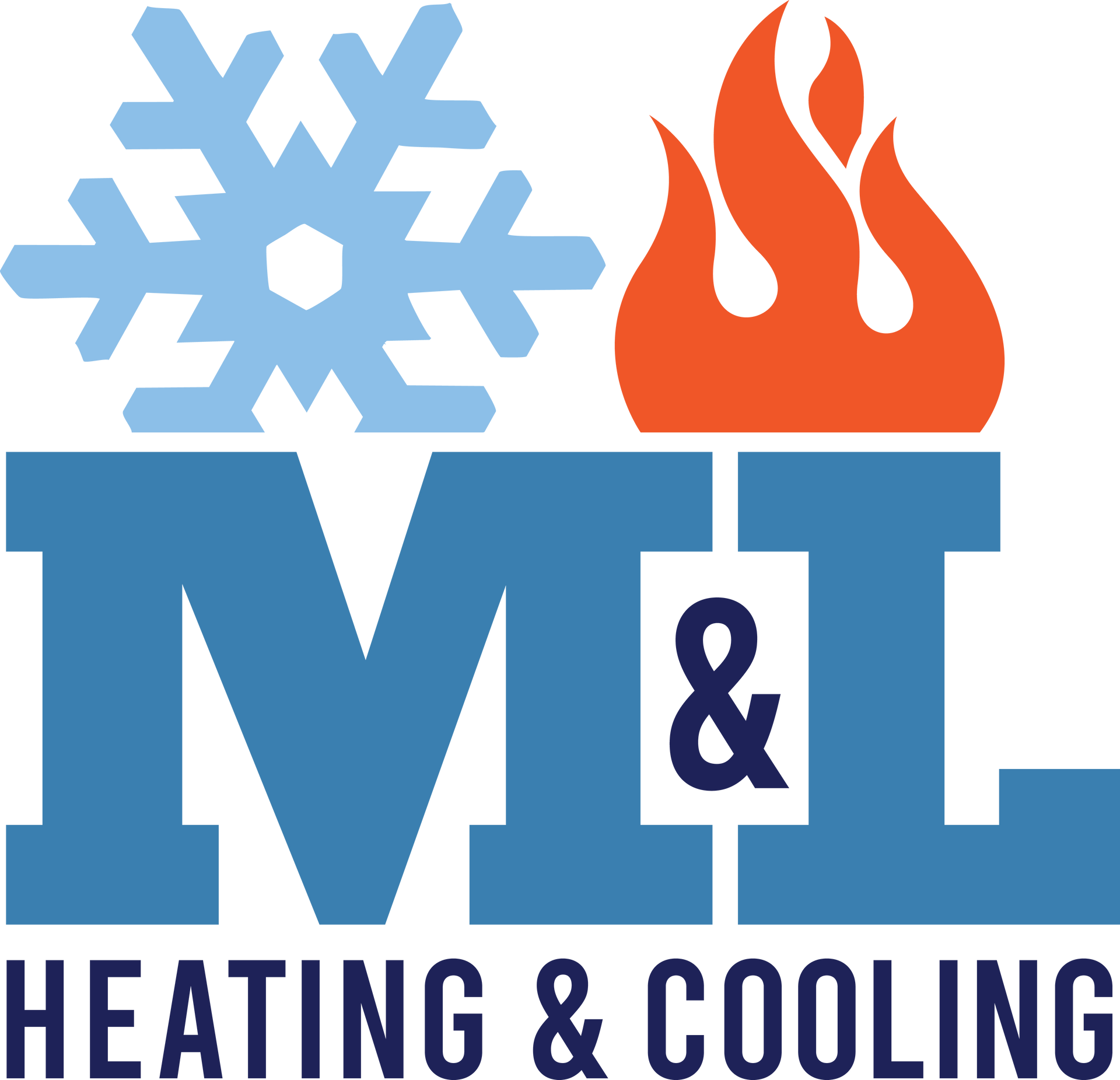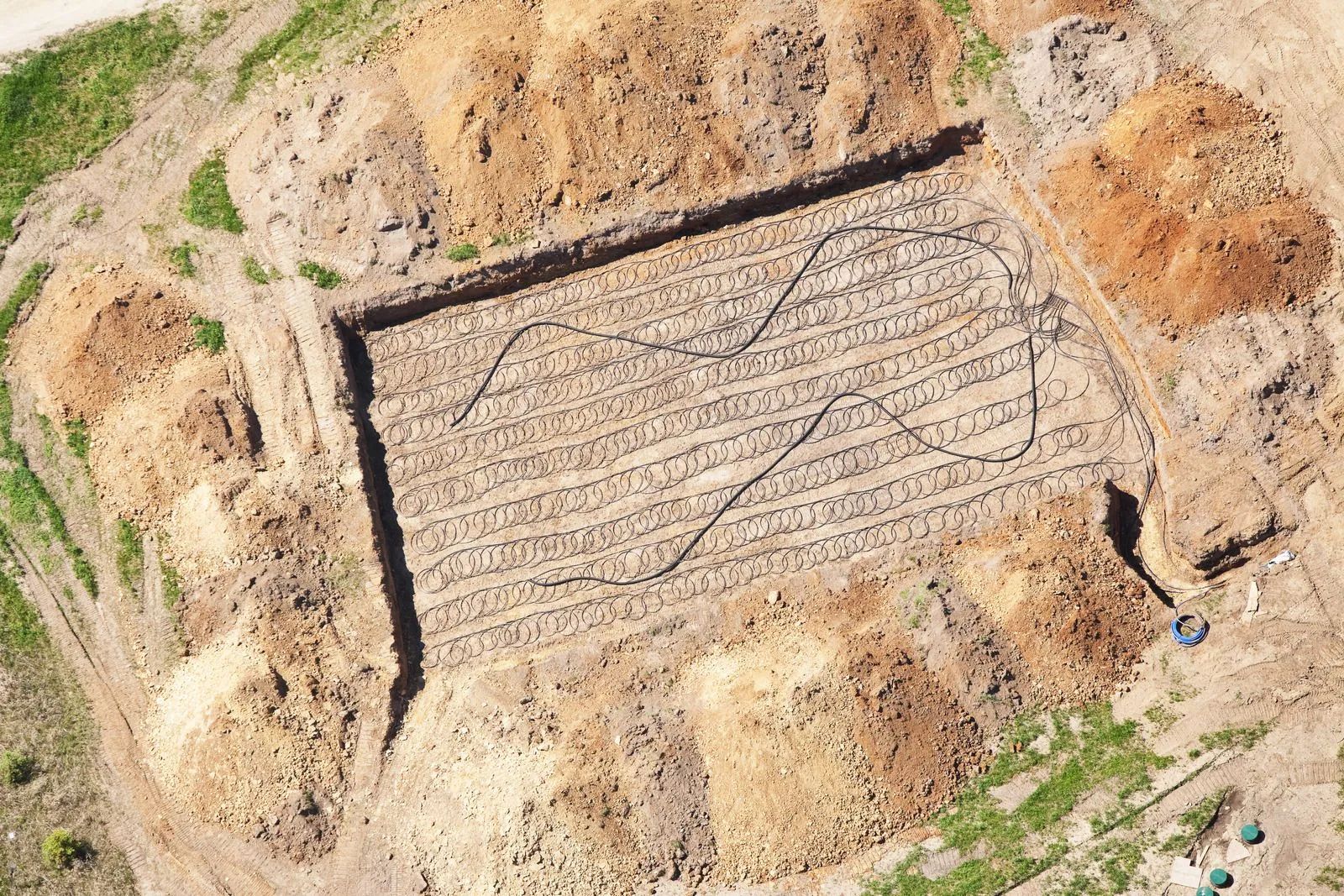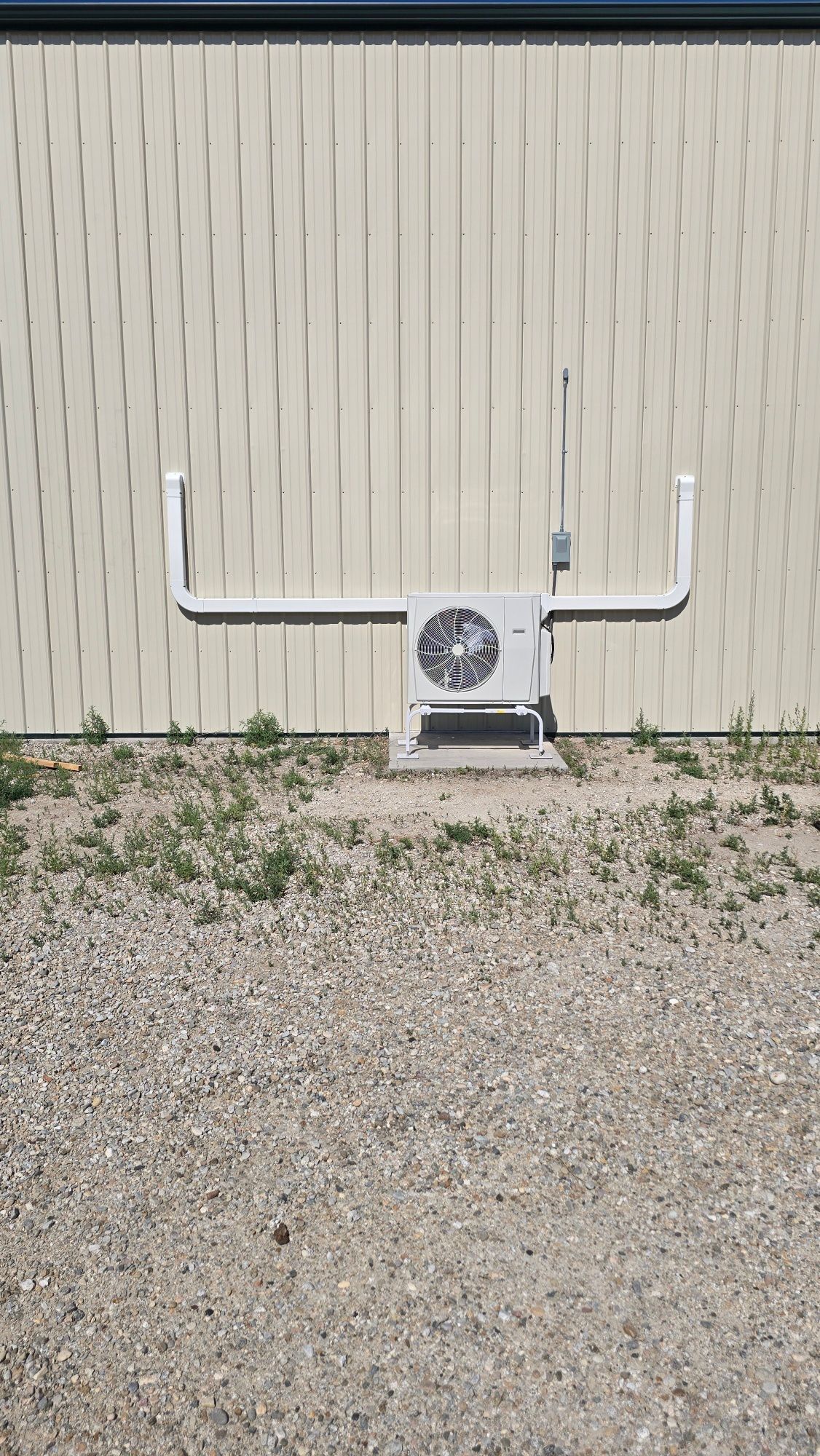The Ultimate Comparison: Repair vs. Replacement for Aging Refrigeration Units
Every refrigeration system eventually reaches a point where performance begins to decline, energy bills rise, and repair calls become more frequent. Homeowners and business owners often face the difficult question of whether it is wiser to repair the existing unit or replace it with a new one. The answer depends on several key factors such as the unit’s age, repair cost, energy efficiency, and overall reliability.
Understanding these factors helps make an informed decision that protects your budget and keeps your space properly cooled. A closer look at the pros and cons of repair versus replacement can reveal which option offers better long-term value and peace of mind.
Evaluating the Age of the Unit
Age plays a major role in determining whether a repair is worth the expense. Most refrigeration units last around ten to 30
years with regular maintenance. Once a system moves beyond that range, parts wear out more quickly, efficiency drops, and performance becomes unreliable. If a unit is nearing the end of its expected life span, repairs may offer only short-term relief before new problems arise. Replacing older systems often provides greater energy savings and reliability, which can offset the higher initial investment over time.
Considering Repair Costs and Frequency
The cost and frequency of repairs can indicate when replacement makes more sense. If a single repair costs nearly half the price of a new system, or if multiple repairs occur each year, replacement is usually the smarter choice. Constant service calls not only add up in cost but also increase downtime and inconvenience. Occasional minor repairs may be acceptable for newer systems, but older units with repeated issues often waste money and time that could be better spent on a new, efficient model.
Energy Efficiency and Performance
Advancements in refrigeration technology have made modern units far more efficient than older ones. A replacement system often uses less energy while maintaining better temperature control and quieter operation. Over time, reduced energy use leads to noticeable savings on utility bills.
Older units typically consume more power as they struggle to maintain performance. Even if they can be repaired, they rarely match the efficiency of a new system. Upgrading to a high-efficiency model may also make you eligible for rebates or incentives, which further improves overall value.
Environmental and Operational Impact
Outdated refrigeration units may use refrigerants that are no longer environmentally friendly. Many older systems rely on substances that contribute to ozone depletion or are being phased out by manufacturers. Upgrading to a new system ensures compliance with current environmental standards and supports sustainable practices.
In addition, newer systems often deliver more consistent cooling, preventing temperature fluctuations that can harm food or stored goods. Reduced noise, smoother operation, and better reliability all contribute to a more comfortable and efficient environment.
Making the Right Decision
Choosing between repair and replacement depends on your specific situation, but evaluating key factors such as age, repair frequency, and energy efficiency provides clarity. If your refrigeration unit still performs well and repairs are affordable, maintenance may suffice. However, if reliability and cost are ongoing problems, replacement often delivers better value, comfort, and peace of mind for years to come.
Conclusion
Homeowners and businesses in Stevensville and the Bitterroot Valley of Montana can rely on M&L Heating & Cooling, Inc
for honest advice, expert repairs, and
professional refrigeration services, ensuring every system operates efficiently and dependably throughout its entire lifespan.




